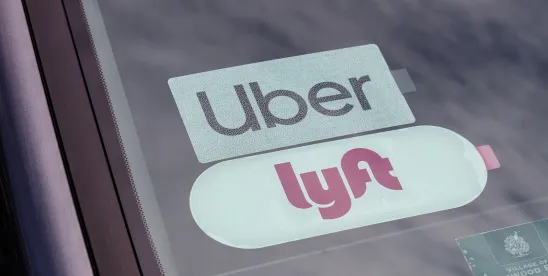Castellanos v. State of Cal., 16 Cal. 5th 588 (2024)
In the latest attempt by the Service Employees International Union (SEIU) to prevent Uber, Lyft, DoorDash and similar app-based drivers from being classified as independent contractors (and thereby escape the union’s reach), the California Supreme Court determined that Proposition 22 (passed overwhelmingly by the voters of the State of California in 2020 and supported by 87% of the drivers themselves) is constitutional. The purported constitutional infirmity of Proposition 22 (codified at Bus. & Prof. Code § 7451) identified by the SEIU concerns the California legislature’s “plenary power” to create and enforce a “complete system of workers’ compensation.” The union argued that because the drivers are exempt from workers’ compensation, Proposition 22 conflicts with the legislature’s “plenary power.” The Supreme Court held (consistent with an opinion of the California Attorney General) that the legislature does not have the sole authority – to the exclusion of the initiative power – to govern workers’ compensation.



 />i
/>i
